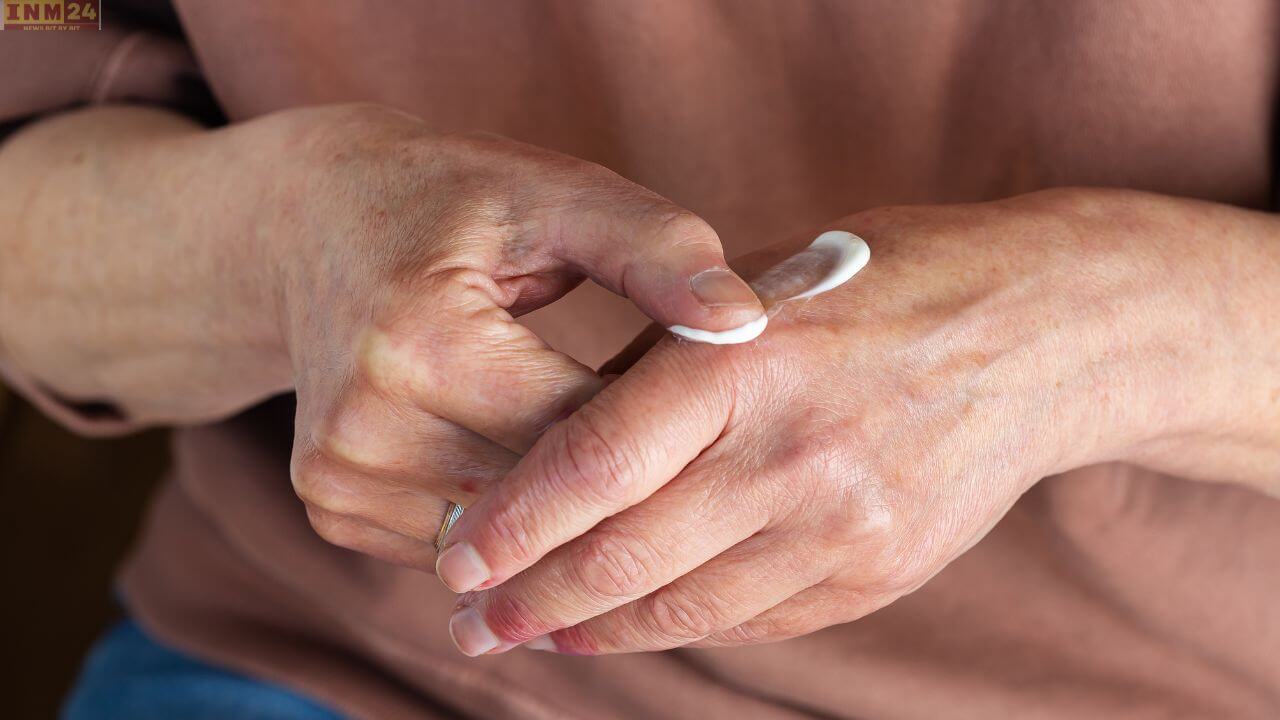Can you imagine life without water? Because touching water can be dangerous. Recently, a rare condition has come to light. It’s called aquagenic urticaria or water allergy. A 25-year-old from California has been diagnosed with this condition. This disease is extremely rare, with only 37 cases reported worldwide. After discovering this rare disease, the young man had to make significant changes to his lifestyle.
According to medical science
aquagenic urticaria, or water allergy, can occur due to contact with certain substances such as detergents, fruits, or animal hair. This condition is also associated with various sources of water. You can develop this condition from rain, snow, fresh water, seawater, sweat, and even tears. However, treating this disease is quite challenging.
According to doctors, aquagenic urticaria cannot be caused directly by water. It is likely due to histamine release, which causes an allergic reaction. During an allergic reaction, mast cells under the skin release histamine, which can cause various types of allergies. This disease can also be caused by sweating. When the skin comes into contact with water at any temperature.
Symptoms of this Disease
Upon contact with water, itching begins on the skin. The skin becomes red. Some parts of the skin become swollen. Hives or itching. Itching persists for a long time on the skin. These symptoms can occur anywhere on the body. However, this condition usually affects the hands, neck, feet, and back.
Aquagenic urticaria is a rare disease. Therefore, the treatment method has not been developed. Antihistamines are usually prescribed to control itching and swelling. However, doctors have emphasized making lifestyle changes to avoid this disease. According to specialists, reducing direct contact with water on the skin is essential. It is best not to touch water if necessary. So here are some simple ways to prevent aquagenic urticaria:
- Apply mineral oil or 100% petroleum jelly on hands and feet before bathing.
- Use dry shampoo or waterless cleanser when bathing to reduce water contact.
- Shower quickly. Do not bathe repeatedly.
- Wear cotton clothes to remove moisture or sweat from the skin.
Understanding this rare condition is crucial for those who may be affected by it.
